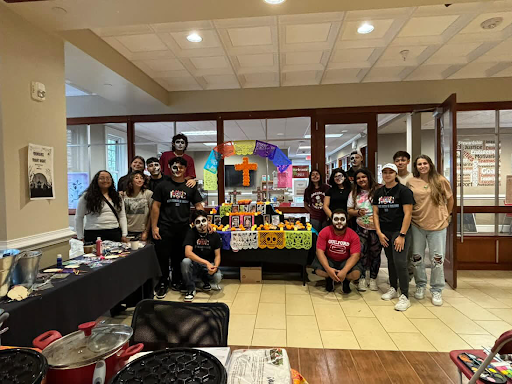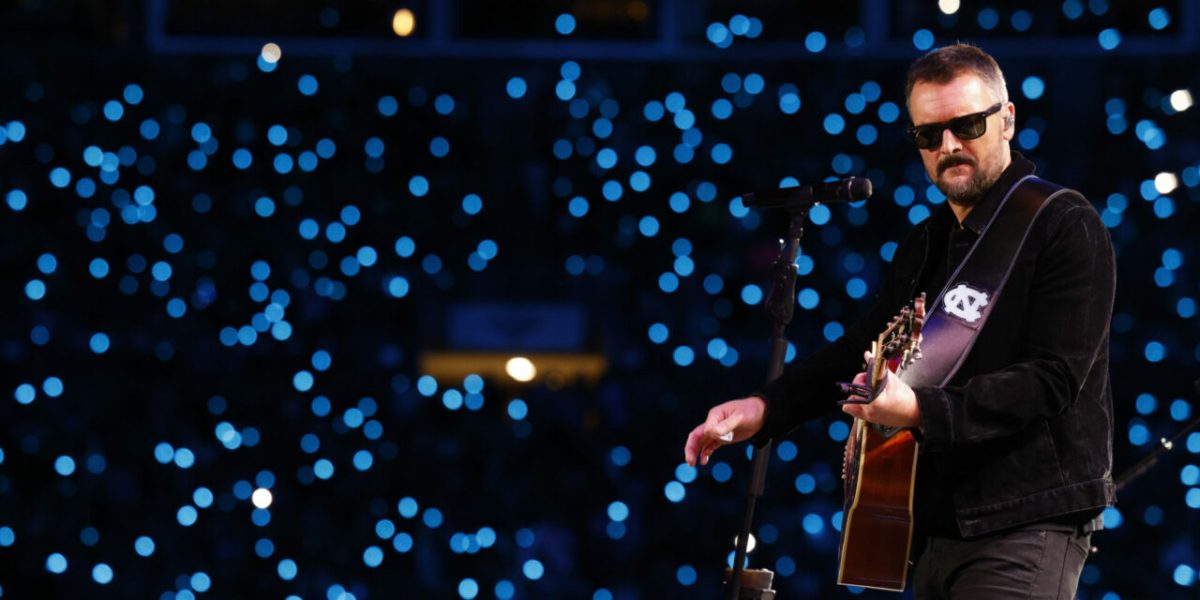Warning: this may be a trigger to some readers.
It is dark outside. The two of you are headed back to your room, and you are stumbling with every step you take. You put your keys in the lock, and they carry you into your room, throwing you onto your bed.
You close your eyes, feeling hands all over your body. In what feels like minutes, you open your eyes. It is morning.
April has rolled around again, meaning it is Sexual Assault Awareness Month. College campuses unite nationally with events such as Take Back the Night to increase the awareness of sexual assault.
“The purpose of (Take Back the Night) is to (literally) take back the night because most sexual assaults happen (at night),” said sophomore and treasurer of SAASA Colin Nollet. “It’s this place of empowerment and healing that is trying to be used for survivors and people who know others who have survived sexual assault, so as to grow from those stories.”
This event will take place Thursday, April 23, from 5:30 to 9:30 p.m. See SAASA for details.
Additionally, Guilford hosted the Stewards of Children Sexual Assault Training on April 3 and the Party & Alcohol Safety Tabling.
On Wednesday, April 22, a showing of “My Masculinity Helps” will take place in King Hall at 5:30 p.m.
All month, SAASA will plant a pinwheel garden with the community in front of Founders Hall and Hendricks Hall to remember survivors of sexual assault. It will include a display of poetry from survivors.
Creating these events and spreading the awareness of sexual assault is crucial, as many do not understand the pain these victims have gone through.
“Sexual assault is an epidemic on and off college campuses,” said sophomore and Peer Health and Wellness/Consent Educator Molly Ann Marcotte. “Too often we don’t realize that they have taken place because we do not have enough working definitions of consent and assault.
“By spreading awareness, we can help people to understand the magnitude of the issue and from there work on finding ways to solve it.”
Every 107 seconds an American is sexually assaulted. Forty-four percent of these victims are under the age of 18, while 80 percent are under the age of 30.
Out of every three sexual assaults two are committed by someone the victim knows, whether it be a friend, classmate, co-worker or partner.
“There are plenty of men who experience sexual assault,” said Marcotte. “However, due to our society’s model of the man as an aggressor and as a dominant and powerful being, men often face a lot of stigma for coming forward about an experience of sexual assault.”
There are many who believe that sexual assault is just sex.
“Sexual assault is a lot more than just sex,” said sophomore Darion Bayles. “It can just be catcalling. I think there is just a right way to do things, (and there is) a fine line between complimenting and harassing. You’re able to compliment someone without making it seem demeaning.”
Sexual assault occurs more frequently in certain situations than others, at least on college campuses.
“On a college campus, the types of sexual violence that we see most commonly . . . involve extra consumption of alcohol (or) situations where somebody after the fact could have said something or prevented it as a bystander,” said Community Director and Wellness Education Coordinator Kristie Wyatt.
If you or someone you know has been sexually assaulted, please call the sexual assault emergency hotline 336-273-7273 or submit an anonymous report at https://intranet.guilford.edu/?page_id=678





